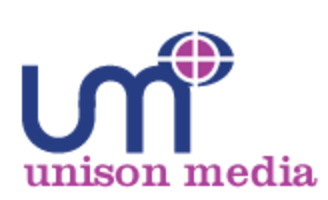It may be commonsense that engaged employees “go the extra mile, and this leads to happier customers, increased productivity, greater profitability and more shareholder value”, but according to the HR Employee Engagement Survey, the practise of employee engagement is far from commonplace.
The survey results, which were revealed in full at yesterday’s HR Engagement Breakfast, told us that 98.9% of the respondents (comprising of 656 HR professionals) felt that employee engagement has a direct impact on business success, however, nearly 40% of them had no strategy in place to improve engagement. This lack of strategy is partly down to the fact that almost half of those questioned said there was no executive sponsorship of employee engagement initiatives in their organisations; and partly because many still believe that the cost of engagement is prohibitive.
Thus it seems that the findings of the 2009 MacLeod report and its key message that ‘unleashing the potential of people at work and enabling them to be the best they can be is key to innovation and competitiveness’, are yet to reach the attention of the executive boards. Ditto the IES/Work Foundation report that suggested that if organisations increased investment in engagement practises by just 10% they would increase profits by £1,500 per employee per year.
So what will it take for senior managers to be convinced that it’s worth taking action? I’m reminded that despite it being a legal obligation and there being a strong business case for it, many still don’t bother conducting risk assessments for stress either. Of course, with the stress issue, there’s a danger that their ostrich-like inaction could land directors and managers in very hot water in the courts, whereas disengaged employees only result in presenteeism, reduced productivity and high staff turnover. Hmm, doesn’t it seem daft that companies don’t want more engaged employees and managers can’t see that many enablers of engagement don’t have to be costly? Indeed just consider the cost and benefits of a simple but genuine “Thank you” to an individual.
If you need help convincing your board of the benefits, or want low cost solutions to improving your employee engagement and/or stress management, please email gill@unisonmedia.co.uk
Sources:
Harrington, S., & Moran, M. (2011) HR Employee Engagement Survey 2010, HR Magazine. HR Magazine Employee Engagement Breakfast,
McLeod, D., & Clarke, N. (2009) Engaging for Success: Enhancing Performance Through Employee Engagement: A Report to the Government.
Tamkin, P., Cowling, M., & Hunt, W. (2008). People and the bottom line. Report 448.
